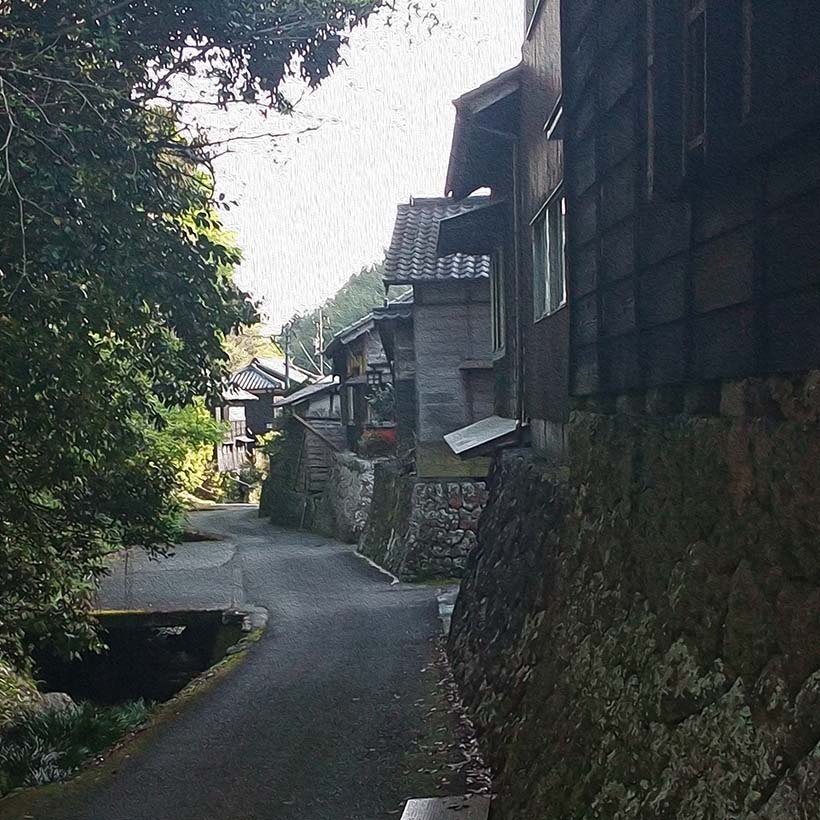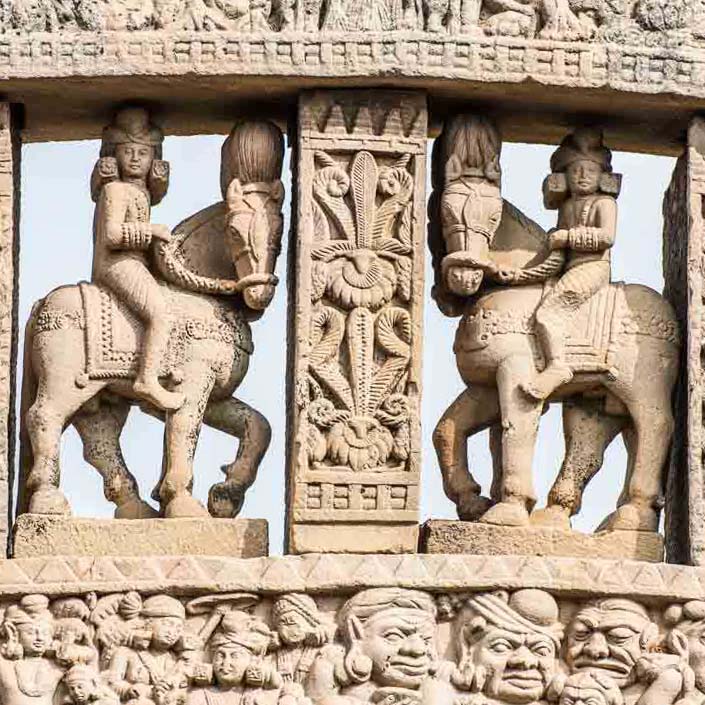
I was raised in Gifu City, Gifu Prefecture but I was born in Saitama (formerly Urawa) City, Saitama Prefecture. Back then when a mother in Japan gave birth to her first child, she (and even today, many new mothers-to-be, I believe) traveled back to stay with their family. My mother only returned to rejoin her new family after she sufficiently recovered from childbirth. Her side of the family lived in Saitama City at the time, so in truth, that was where I was born. (My mother is originally from Hirosaki City, Aomori Prefecture but that is another story.)
Gifu (岐阜) was previously known as Mino by the way, but Oda Nobunaga, one of the leading figures of the Sengoku period, renamed the village and the surrounding Mino Province to Gifu in 1567. Nobunaga took the first character (岐 gi) from the legendary mountain Qishan (岐山), from which most of ancient China was unified. The second character (阜 fu), which comes from the birthplace of Confucius Qufu (曲阜), means "base of the mountain".
I attended Kobato Kindergarten in Gifu City. I then attended Honjo Elementary School. I attended Honjo Middle School. Thereafter I entered Gifu High School. I completed all my k-12 education in Gifu City.
No sooner had I graduated from the University of California, Santa Barbara, majoring in mathematics – I attended university in the U.S. – than I joined a video game firm in Santa Barbara. A year and a half later, I received a job offer from a firm in New York City developing industrial automation systems. I snatched up the opportunity to move to New York City (where, though much experience would be gained, I’d end up working for a man whose asshole is as wide as the Panther Mountain crater, reminiscent of Donald Trump who also happens to be from New York City, for two long years).

(Anyhow …) Technically speaking I continued working as a programmer but my de facto responsibilities included both programming and technical writing. I wrote reports daily as part of the computer software development and testing. I wrote well over a couple of thousand reports. I learned how to communicate in the written language concisely, succinctly and error-free. This real-world experience, together with the education I received in the U.S., enabled me to build a solid foundation of my writing skills in the English language.
I left the U.S. I moved to India, where by chance I ended up designing and producing printing products such as leaflets, pamphlets, brochures and booklets. This work also involved copywriting. I was exposed to and developed a different type of written communication skills. I learned how to appeal to and excite the audience through the medium of written communication while using even more concise and succinct language. During this time, I attempted to write my first novel. I was unable to find a publisher for the novel but I learned what fiction writing is really about.
I live in Thailand now (where I – was and still – am surrounded by wicked sinners who devour cheap kinky wormhole, white hole and black hole sex, and drugs, and bath in alcohol; and in the end encircled and watched over by female, male and in-between, younger-than-their-grandchildren but over-the-age-of-consent angels of pleasure, they'd all drop dead, clutching their hearts, marinated in their own pee). (Anyhow …) I carry on working on my new novels and short stories while earning a living as a freelance Japanese teacher and translator (English-Japanese) in the Bangkok Metropolitan Region. But being a translator has also helped me to broaden and deepen my understanding of the languages.
I read widely. Over the years I read a gazillion popular fiction such as John Grisham, Jeffery Archer and Lee Child but also classics such as Moby Dick, Les Misérables, War and Peace, and The Fountainhead. (Back when I was in high school, I read Haruki Murakami, too, in Japanese.)
My OAHS practice is a big part of my life.
Why did I write OAHS?
This sounds a bit of a cliche, but writing gives a sense of gratification and satisfaction. That eventually turned into OAHS, the novel. In the conventional sense (money, fame and whatnot), I cannot say that I achieved great success in life. In the traditional understanding of life (getting married, having a child, sending the child to college, etc.), I cannot say that I achieved success, either. Nevertheless, I think I want to say to myself that it’s not over yet. I think I wrote the novel I wrote to make that statement.